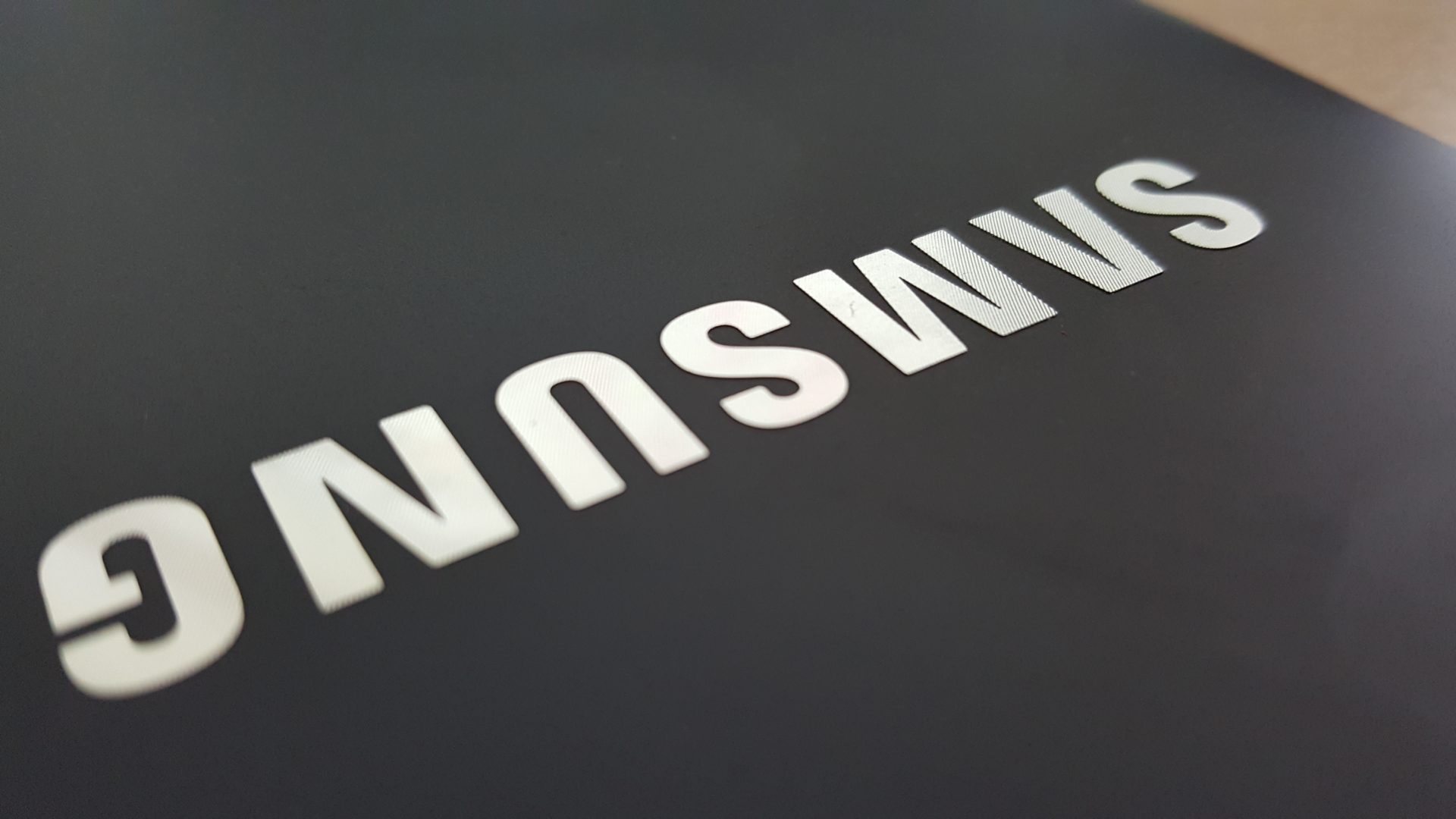2018-11-6 00:35 |
Payments sent across borders account for billions of dollars every month. In a bid to drastically lower transaction fees, startup companies, particularly in the blockchain sector are doing everything possible to create a direct peer to peer payment network that cuts out the middleman, and allows those who need these monies actually get those payments.
While there are quite a few solutions, one that stands out is Sendfriend. This is a cross border remittance service that uses blockchain tech to get remittances sent by people to their recipients, fast, very cheaply and without the middleman.
The company is using Ripple’s Xrapid technology to further smoothen this process, translating into a seamless experience for both senders and receivers. The service is able to do this through its native app that runs on the distributed ledger technology.
With this, anyone can send money from anywhere, allowing the receiver get their funds wherever they are, without the need for banks or other big financial institutions. As a result, Sendfriend has drastically reduced the fees charged by traditional money transfer institutions by 65 percent.
The company was established in the bid to help smoothen the process of remittance transfers across borders. Traditional bank wire or money transfer services charge a minimum of 5 percent on every transfer. Services like the Western Union charge 10 percent of the total cash people send.
So, if you wanted to send $200 to someone in the horn of Africa or Asia, you would either have to pay $220 or $180. With Sendfriend, transaction costs are far cheaper –less than 2 percent. And instead of the recipients having to wait for days sometimes,
Sendfriend actually gets the funds to the recipients in minutes. The startup has had funding from top companies including the MasterCard Foundation, Barclays, MIT Media Labs, Techstars and Mahindra Finance.
It was able to attract this backing because of its management team which largely consists of former World Bank and MoneyGram executives who wanted to solve the problem their erstwhile companies couldn’t.
The app is still in its early adoption stages, with the company seeking remittance licenses in the US. The goal is to be able to secure those licenses across the 51 states.
Once that’s done, the service will gain incredible traction as well as popularity. Thus, we’ll have more affordable remittances that will allow the recipients actually get a lot more of the monies sent to them.
origin »Bitcoin price in Telegram @btc_price_every_hour
Render Payment (RPM) на Currencies.ru
|
|




























